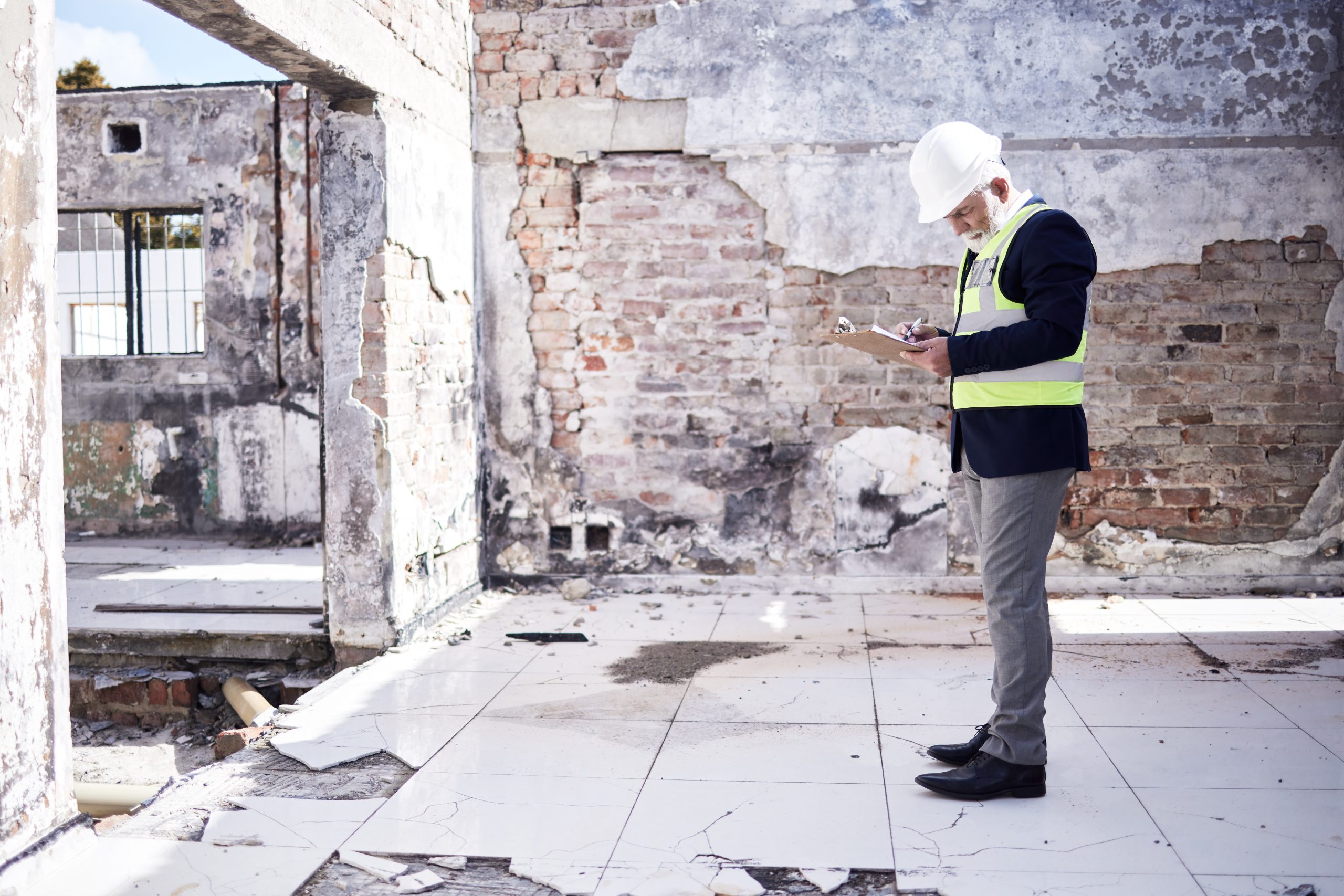Written by Jessica Long, Director of Education and Community Initiatives at the Canadian Centre for Housing Rights
If you are a renter in Ontario, it can be hard to know what to do when something in your home breaks or needs repair. Here is some advice for what to do in these situations.
First, Ontario law says that your landlord must always fix things that break due to normal wear and tear and that your landlord has to make sure your home is kept in good condition. If something breaks or is not working, you should ask your landlord to fix it. It is best to do this in writing, such as a letter, email or even a text message. If possible, you should also send pictures of the repairs needed and the dates you have previously asked for the work to be done.
If your repair is urgent, for example if you do not have heat during the winter, your landlord should fix it very quickly. If it is not as urgent, such as a broken cabinet handle, your landlord can take longer to fix it, but they still should make sure it is repaired in a reasonable amount of time, which depends on the circumstances.

Unless the repair is an emergency, your landlord must give you at least 24 hours’ written notice before entering your unit to complete repair work. Also, they can only enter your unit between 8:00 am and 8:00 pm.
If a reasonable amount of time has passed and your landlord still has not completed the repair, you could decide to follow up with another request. Make sure your second request says that you have asked for this repair already and note the date you first asked for the repair.
If your landlord still has not fixed the issue you can make a complaint to your provincial or municipal government. There are a few different ways to do this.
- If your repair involves a vital service (such as heat, hot water or hydro) you can make a complaint to the Rental Housing Enforcement Unit.
- You can make a complaint to your local municipal bylaw enforcement office. In Toronto you can do this by calling 311.
You can make an application at the Landlord and Tenant Board against your landlord.
It can be stressful and scary to make complaints, but it is your right to have a safe home.
Whatever path you decide to take, there are many organizations that offer free services to help you. Local legal clinics provide free legal information and services to low-income renters. Steps to Justice has reliable information about your rights and guided pathways to help you fill out forms. The Canadian Centre for Housing Rights provides free legal information and services to renters.
CCHR thanks United Way of Greater Toronto for their generous support.







